An egg can be described as spheroid or ovoid shaped cell laid by females of many different species, including birds, reptiles, amphibians and fish. Eggs have been eaten by mankind for millennia. Bird eggs (including chicken and turkey eggs) consist of a protective eggshell, albumen (egg white) and vitellus (egg yolk), contained within various thin membranes. Every part of an egg is safe to eat, though the eggshell is generally discarded.
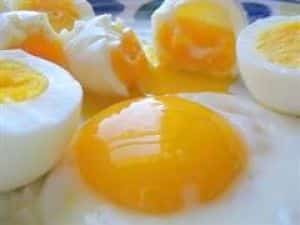
Eggs are considered an excellent source of protein and choline. Because of this, the egg falls in the Meats category under the Food Guide Pyramid.
Bird eggs are a common food and one of the most adaptable ingredients utilised in cooking. They’re important in lots of branches of the modern food industry. The most commonly used bird eggs are those from the chicken. Duck and goose eggs, and smaller eggs such as quail eggs are occasionally used as a gourmet ingredient, as are the biggest bird eggs, from ostriches. Gull eggs are considered a delicacy in England, as well as in some Scandinavian countries, particularly in Norway. In some African countries, guinea fowl eggs are frequently seen in marketplaces, especially in the spring of each year. Pheasant eggs and emu eggs are perfectly edible but less widely available. Sometimes they are obtainable from farmers, poulterers or luxury grocery stores. Most wild bird’s eggs are protected by laws in many countries, which prohibit collecting or selling them, or permit these only during specific periods of the year.
Quail eggs are considered a delicacy in many countries. They are used raw or cooked as tamago in sushi. In Colombia, quail eggs are considered less exotic than in other countries and an individual hard-boiled quail egg is a common topping on hot dogs and hamburgers. If a boiled egg is overcooked, a greenish ring sometimes appears around egg yolk. This is a manifestation of the iron and sulphur compounds in the egg. It can also occur when there’s an abundance of iron in the cooking water. The green ring does not affect the egg’s taste; overcooking, however, harms the quality of the protein (chilling the egg for a couple of minutes in cold water until the egg is totally cooled prevents the greenish “ring” from forming on the surface of the yolk).
Cooking also increases the chance of *atherosclerosis because of increased oxidization of the cholesterol contained in the egg yolk.
*Atherosclerosis is also known as arteriosclerotic vascular disease or ASVD, is the condition in which an artery wall thickens as the result of a build-up of fatty materials such as cholesterol.



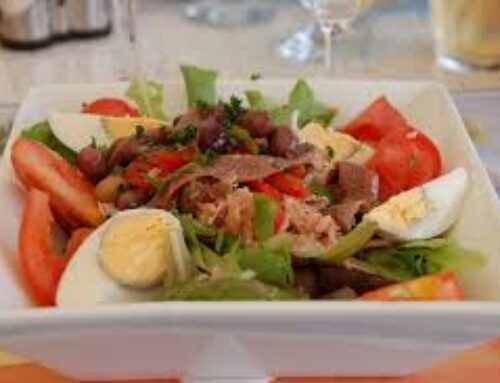
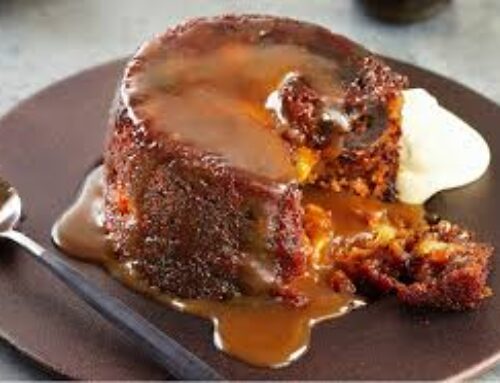
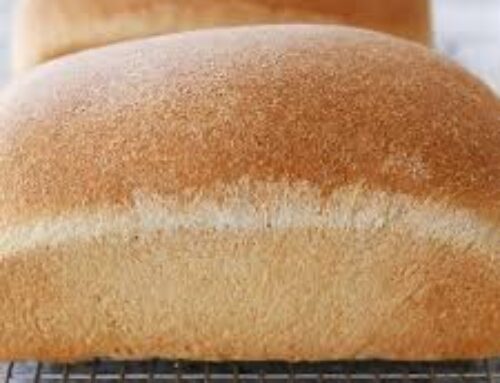
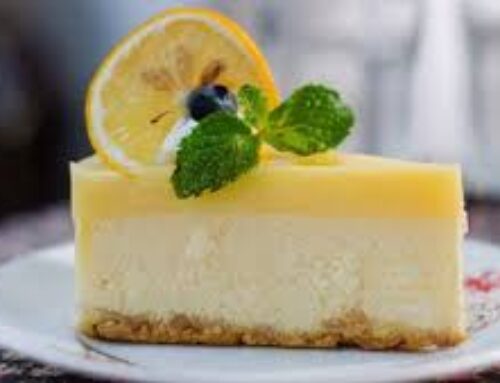
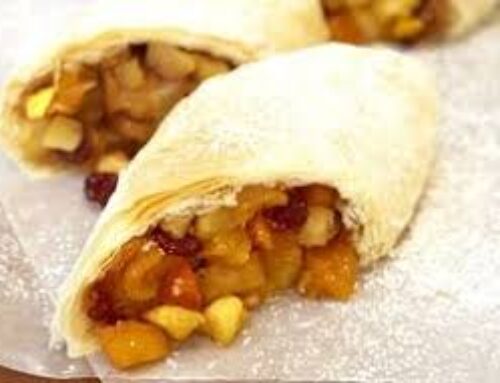
Leave A Comment